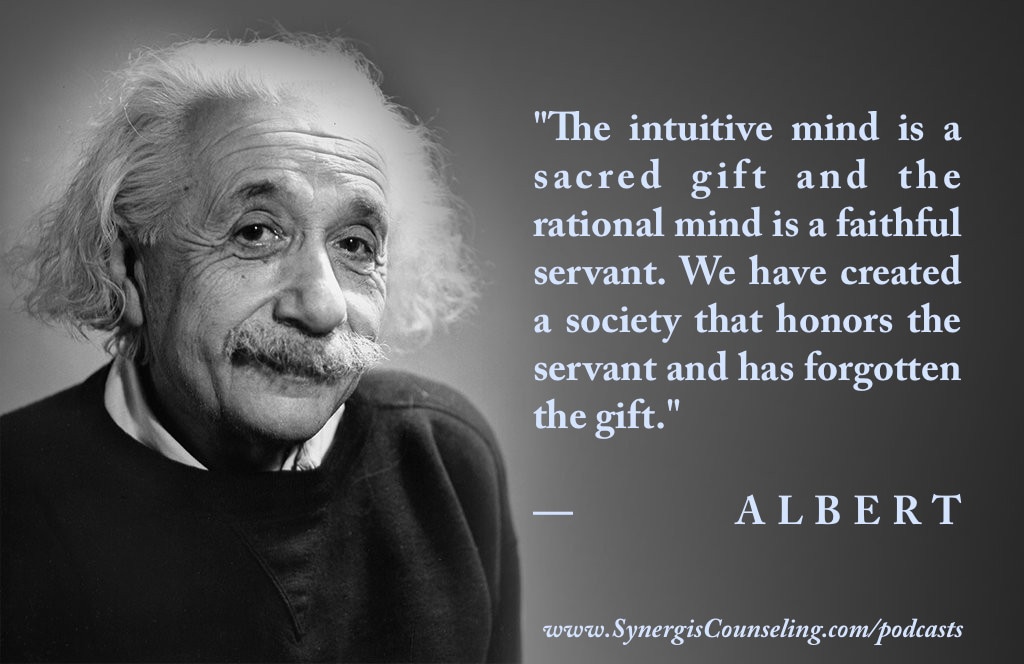SLOWING DOWN: WHY "BUSYNESS" LEADS TO MENTAL STRAIN, ANGER, ANXIETY, AND ADDICTIVE BEHAVIOR11/30/2016 The pause is especially important for the freedom of being.
For years I've been telling my clients (and friends alike) that being busy running around doing things is not necessarily a sign of personal success. In fact, more often than not “busyness” builds a parallel life, where meaningfulness and mindfulness are reduced to accomplishing tasks and goals. “Busy” seems to have blinded and effectively incarcerated us all, becoming a virtue validated and glorified by the surrounding culture.
Here are four major signs of a life that is unnecessarily busy: (1) Stress/Mental Strain (2) Anger/Irritability (3) Anxiety/Fear (4) Compulsive Behavior
Glorifying busyness and making it a way of living deepens the negative effects of these symptoms, leading to: social loneliness, broken relationships, addiction, bio-chemical imbalances and physical illness.
We become unable to recognize and integrate that part of ourselves that Carl Gustav Jung calls Shadow: the “dark” side of our personality: Guilt Shame Fears Doubt Impulsivity Sadness and Depression Emotional Wounds Busyness creates a vicious circle, for it allows us to avoid seeing and confronting precisely the sources that feed the Shadow. The issue is, many of our choices and behaviors are dictated or influenced by our Shadow. What is your understanding of "busy"? How do people see busyness and idleness in your workplace, family and community? Do you see them related to Career Stress, Difficulties Finding Love or Sustaining Relationships?
I have recently had two very interesting conversations with two of my clients, both at the executive level in their respective businesses, who consulted me for opposite reasons.
One of them, let's call him Mr. K, needed help to deal with resentment and frustration which he experienced after being laid off by his company. He had worked long hours in the previous 2 years, reorganizing the sales department and tripling productivity. He had been able to stimulate his team and other employees to internalize responsibility and take ownership for their work, improving communication and reliability. And then one afternoon, after working all day as usually, was called by the CEO, given the pink slip and escorted out of the building. Mr. K, was not really concerned about being laid off, he could get another job in no time. But after working 10-12 hours a day and really making a measurable difference in his company, he thought he deserved a different treatment. Ms. X, on the other hand, was also a department executive and recently had to lay off a number of employees. She later had a "happy hour" discussion with a group of friends in which she was subtly accused of laziness since, in their opinion, she could have easily chosen a less aggressive way to improve productivity in her company, but which would have required much more time and energy. Ms. X was shocked to see the disdain and even anger manifested by her peers, some of whom she considered friends. What are your thoughts and opinions? Were you ever in any of these situations? All comments can be anonymous or under an avatar name. All comments need to be approved by the moderator. Links: https://plus.google.com/u/1/108877832244493393635/posts/QbVMFmpiAfv https://plus.google.com/u/1/110745215017700052586/posts/BGBsWFkiTyD WHICH HALF OF THE GLASS ARE YOU LOOKING AT? What Camus has to do with a High-Tech Startup?..5/1/2013  WHERE IS THE LINE BETWEEN A POSITIVE ATTITUDE -SEEING THE FULL HALF OF THE GLASS- AND DENIAL OF REALITY?.. In Camus' short story "Jonas or The Artist at Work" Jonas the painter expresses constantly his gratitude towards his lucky guiding star. He keeps going forward with serenity and acceptance, even when he is charged a huge rent for an apartment with very narrow rooms (rent included the "cubic air" accumulated under the very high ceilings). Even when his numerous daily visitors deprive his baby of sleep and do not let him work at his paintings. And even when a gallery owner proposes him an obviously disadvantageous deal. It was Camus' short story that gave me more understanding of the position of two of my clients in a multi-cultural conflict management situation: a high-tech start-up, a CEO and a Director of Operations. As the heat of the market and the anxiety increase, my clients find themselves arguing excessively over the attitude toward the development of their product. As it turns out though, the conflict included some personal / cultural issues: the CEO believes that there is that much one can do to influence the course of events. The Director of Operations believes that the CEO avoids taking responsibility as a leader and hides behind this belief that there is that much one can do, after which one needs to trust things will happen. What are your opinions? Can you guess what are the cultures of origin of the two clients? |




 RSS Feed
RSS Feed
